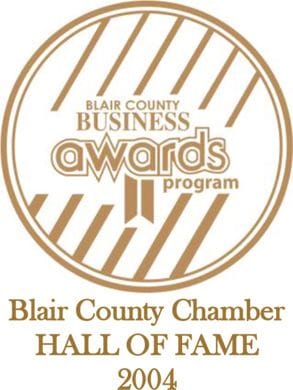When it comes to personal bankruptcy, two forms are far more common than the rest. Most individuals who need debt protection via bankruptcy will file for either Chapter 7 or Chapter 13 bankruptcy.
All forms of bankruptcy have certain protections, including an automatic stay that takes effect at the time of your filing and the discharge of your unsecured debt when the courts finalize your bankruptcy. However, certain details of how the process is handled and who qualifies will vary between the different forms of bankruptcy.
There are income and asset limits to Chapter 7 bankruptcy
Chapter 7 bankruptcy is the most aggressive kind available. It is fast and results in the discharge of unsecured debts for those who qualify and complete the process. In order to qualify, you will have to pass the state means test that compares your adjusted income to the state median.
You will also need to review your personal assets and determine if they exceed the exemptions available. You can exempt equity in your home and value in other assets like a motor vehicle from liquidation or sale to repay creditors. Any non-exempt property will be subject to sale. A Chapter 7 bankruptcy stays on your credit report for ten years after your discharge.
Chapter 13 bankruptcy involves a repayment plan
Chapter 13 bankruptcy filings are not subject to the same financial limitations as Chapter 7. There is no requirement to liquidate property in most cases, and filers with higher incomes can still qualify.
Before discharge, a Chapter 13 bankruptcy requires the completion of a payment plan negotiated with your creditors. This typically lasts three years but can last for as long as five years. After completion, unsecured debts receive a discharge. A Chapter 13 filing will stay on your credit report for 7 years after your discharge.
If you’re considering bankruptcy, an experienced attorney can help you determine which of these two types is your best option.


